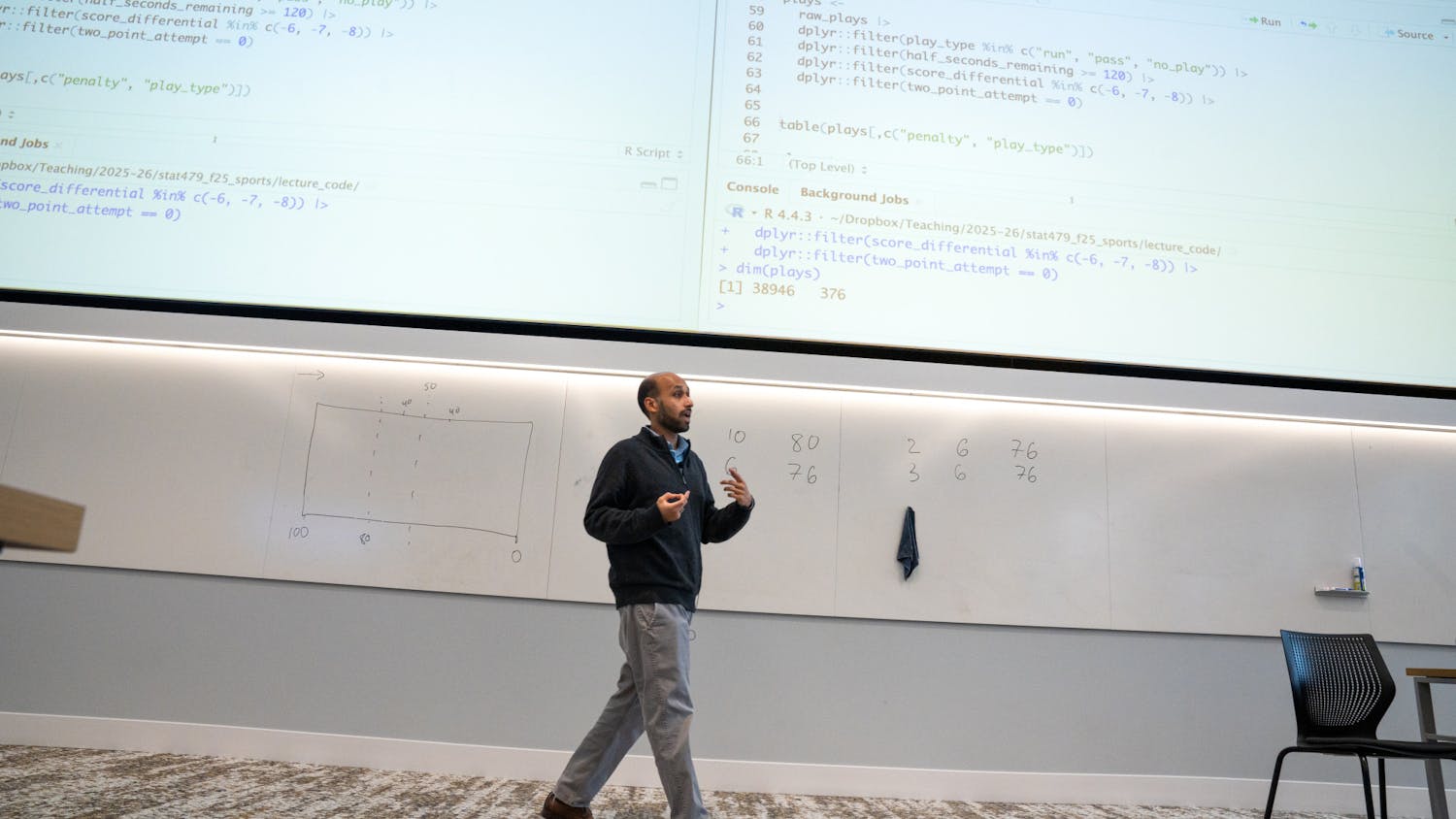If you ask any economists to identify the barometer for the health of a given economy, they will say that it is the capacity to sustain growth. If someone discovered the secret to unending sustainability, we would never experience another recession or economic decline. We could redefine the business cycle. Instead of its cyclical rising and falling, it would always be looking up. However, when dealing with the human persona (particularly the emotional component used in decision-making), we will soon realize that such a utopia can never exist. Yet we can use this mode of examination to effectively analyze our current economic status and the recent news of first-quarter earnings. The ultimate question is whether we can not only keep these gains but also continue to grow.
In general, these first-quarter earnings look encouraging, with many corporations exceeding the expectations of Wall Street. This and the relative upward movement of the market over the past two months seem to signify a partial recovery. However, there do not appear to be any catalysts or reasons for this increase. In fact, the Wall Street Journal said that many companies may be masking losses or buffering profits as a means to increase public investment and overall confidence in their company. Such companies include those that maintain a financial or investment branch, such as General Electric, which recently lost its AAA rating because of losses in its financial branch. If such predictions hold true, even heavier losses may be yet to come. These will solely be determined by the actions of each individual company.
There is another set of circumstances that focuses on the sustainability of competing companies that will determine the future of Ford. The company appears to be making progress on its restructuring and has posted fewer losses while declining any financial aid from the federal government. However, such progress might be for naught if either General Motors or Chrysler seeks Chapter 11 bankruptcy in their restructuring process. GM or Chrysler may seek this within the next two months if they are unable to complete requirements set by the federal government to receive additional federal loans. In other words, if either GM or Chrysler files for Chapter 11 bankruptcy, then Ford would have a very limited capacity to compete and reorganize while it continues to hemorrhage funds. In fact, its ability to sustain itself while trying to maintain any remaining investors could be quite dire.
The sustainability of financial institutions also remains at risk. While requiring a test that ensures the viability of banks and other lending institutions, the federal government has created a situation that will introduce volatility into the market when it is ill-welcomed by both investors and the economy. Ultimately, this testing increases the competition among banks. I am all for competition, but without a release of the full results, public unease will continue to fester as some financial institutions try to slip the good news to the public. For example, Goldman Sachs recently announced that it plans to repay half of its TARP funds. However, this leaves individuals wondering about the health of other banks. Such inaction may induce an investing exodus from any institution perceived as being in dire straits, regardless of its true status.
It does not appear that we have hit the end of our economic decline. Many if's remain that will determine the overall health of our nation's economy, including the final deadline for GM and Chrysler as well as the reports for 2nd- and 3rd-quarter earnings. Also, before recovery can continue, the housing market must see an increase in property value as it returns to a seller's market. Without this necessary condition, we will still see a depletion of resources from the financial sector. I predict further decline and greater market volatility, for we have yet to hit bottom, as it will probably be another six to twelve months before we see complete stabilization of our economy and any chance for growth. Above all else, we need sustainability and efficiency in both government and corporate business to help us get out of our economic trench.
Sean McMaster is a junior majoring in biochemistry and mathematics. Please send responses to opinion@dailycardinal.com.





